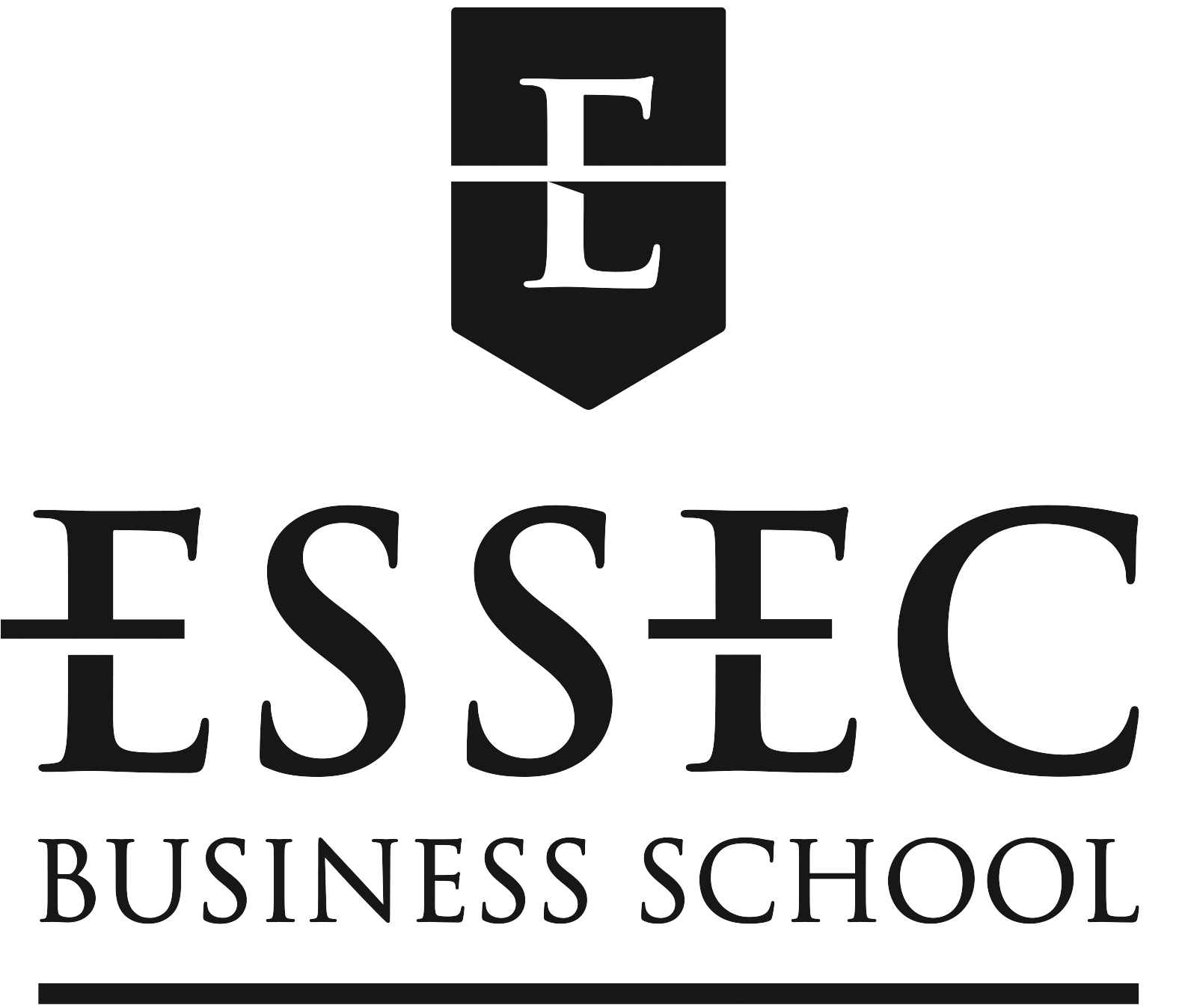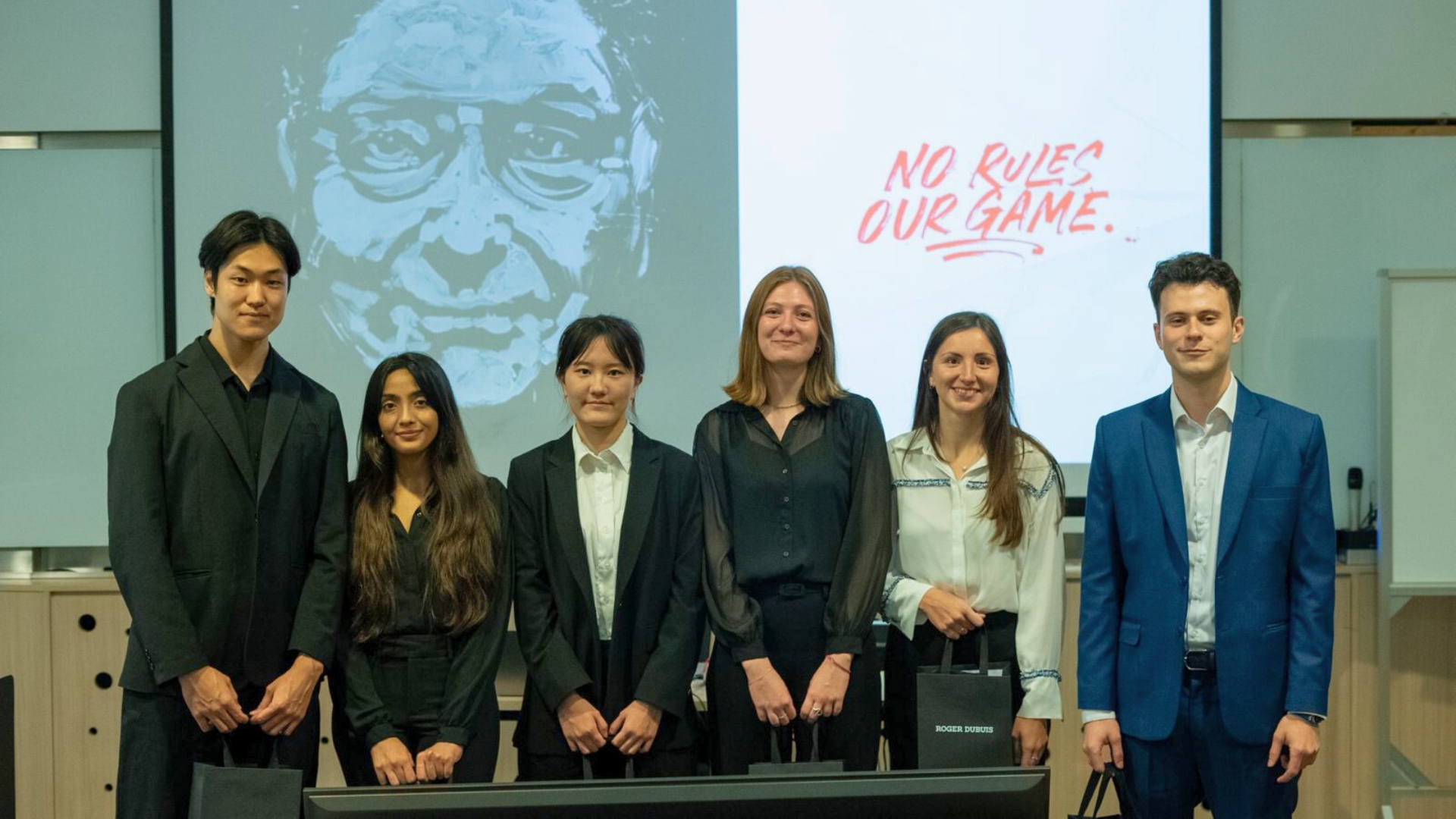Doing things #LikeAGirl has taken on new meaning since the feminine product brand Always launched its series of YouTube videos featuring female leaders and athletes doing something “like a girl.”
These videos generated 85 million views worldwide, and follow-up research showed that perceptions of “like a girl” changed for 76 percent of women and 59 percent of men. The message of empowerment resonated.
Examples like this make it easy to understand why digital marketing jobs are rated as one of the most in-demand on LinkedIn. When executed well, marketing can impact, influence, and create change. And with technological advances, digital marketers have a suite of tools with limitless potential.
But before jumping on the digital marketing bandwagon, here are some thoughts to remember.
1 | Tech is Only Good if it Reaches Your Goals
Inspiring stories aside, you only need to dive deeper into the archives to find examples like the 2012 Twitter campaign #McDStories.
This saw users across the globe flood the internet with horror stories about their experience with McDonald’s. Volkswagen Italy moved to modernize and joined Instagram but with the unfortunate @volkswagenitalia.
“There is a danger in just implementing something because it is new and sexy,” Tuck Siong Chung, Associate Professor of Marketing and Academic Director of the ESSEC MSc in Marketing Management and Digital (MMD) program, affirms.
Indeed, it is simply not sufficient to set up a hashtag or social media presence for the sake of it—and often, what seems like a good idea, in theory, translates in a vastly different way when executed.
Acknowledgment of this is why the MMD program, ranked top in Asia, emphasizes learning by doing through its annual Digital Marketing Challenge (DMC) and regular industry projects.
“Students can have conversations with industry partners, so they know what works and what is valuable for the industry. This is useful because they can put what they’ve learned into practice and, at the same time, understand if their ideas are realistic and practical,” Chung explains.
2 | Tech Has Raised the Bar for Accountability
Technology may have made it far easier for brands to reach consumers, but it has also cleared the path for consumers to reach out to brands—and to call for accountability.
Just look at the backlash Balenciaga experienced when it launched a holiday ad campaign featuring children holding teddy bear bags decorated in bondage gear and the criticism Heineken faced with its tagline “lighter is better.”
The hallway of marketing fails, and faux pas will only continue to fill. Still, the message for digital marketers remains the same: now more than ever, they must be cognizant of their work’s social and ethical dimensions.
These, too, are areas a solid marketing program will target in its training, Chung shares. The MMD program does this by exposing students to areas like responsible business and sustainability.
It also offers a multitude of avenues for them to interact with different cultures and develop their social awareness.
3 | Data & Data Security is Your Business
Significantly, successful marketing isn’t just about creative ideas and glitzy campaigns. It’s also about making informed and objective decisions to create tangible results. This requires data.
“We want to know if the competition is selling more than us, and if so, why? We want to find reasons for if they are doing a promotion or using TV support—and based on our analysis, decide what steps to take,” Theo Valence, a junior brand manager at Ferrero, says.
As an alumnus from the MMD class of 2020, he is grateful for the solid data training the MMD program offered him, which has enabled him to excel in these areas.
On this front, it is also worth noting that in 2022, at least 4,100 publicly disclosed data breaches and around 22 billion customer records were exposed.
Companies like Revolut, Twitter, and Uber were all hit by cyberattacks. So, while data security might not be on a digital marketer’s official job scope, it is undoubtedly an area they would do well to understand.
4 | Customers are at the Heart of it All
At the end of the day, “the principle of marketing doesn’t change—marketers need to ask how they can increase the value of their product and bring the most value to customers,” Chung reiterates.
His words hold weight because from #LikeAGirl to Spotify Wrapped, marketing success is how we relate to it and how it makes us feel.
Technology, therefore, is still just a means to an end. “The most important thing is understanding how consumers interact with the technology you choose and the potential it has to change or enrich the experience you provide,” Chung states.
And if one needs to know how to do this, there is always the ESSEC MMD program.
RELATED POSTS
Green is the New Gold: Giving SMIB Students An Edge in Sustainable Finance
Sebastian Sohn shares why sustainability matters in the Sustainable Finance course for ESSEC Master in Strategy and Management of International…
Three MiF Curriculum Features that Make the ESSEC Asia-Pacific Campus Stand Out
Student Ambassadors share how the ESSEC Master in Finance at Singapore has prepared them for the world of finance.
Freedom and Practicality Draw Students from Asia to the MiM Program at ESSEC APAC
From diverse backgrounds to common goals, students from ESSEC's Master in Management program are shaping their futures with flexible learning and…
The MMD 2024 Digital Marketing Challenge: A Taste of the Real World
The annual Digital Marketing Challenge is arguably the biggest highlight of the MSc Marketing Management and Digital program. Student Ambassador…
Three Ways ESSEC GBBA Students Can Make the Most of Their Exchange
Student Ambassador Sagarika Majumdar and alumna Manqi Zhao share their tips.
How the ESSEC MMD Program Makes Learning Practical and Relevant
Fresh graduates need help entering the workforce, as they need more experience and have a limited understanding of the industry. ESSEC Master in…







